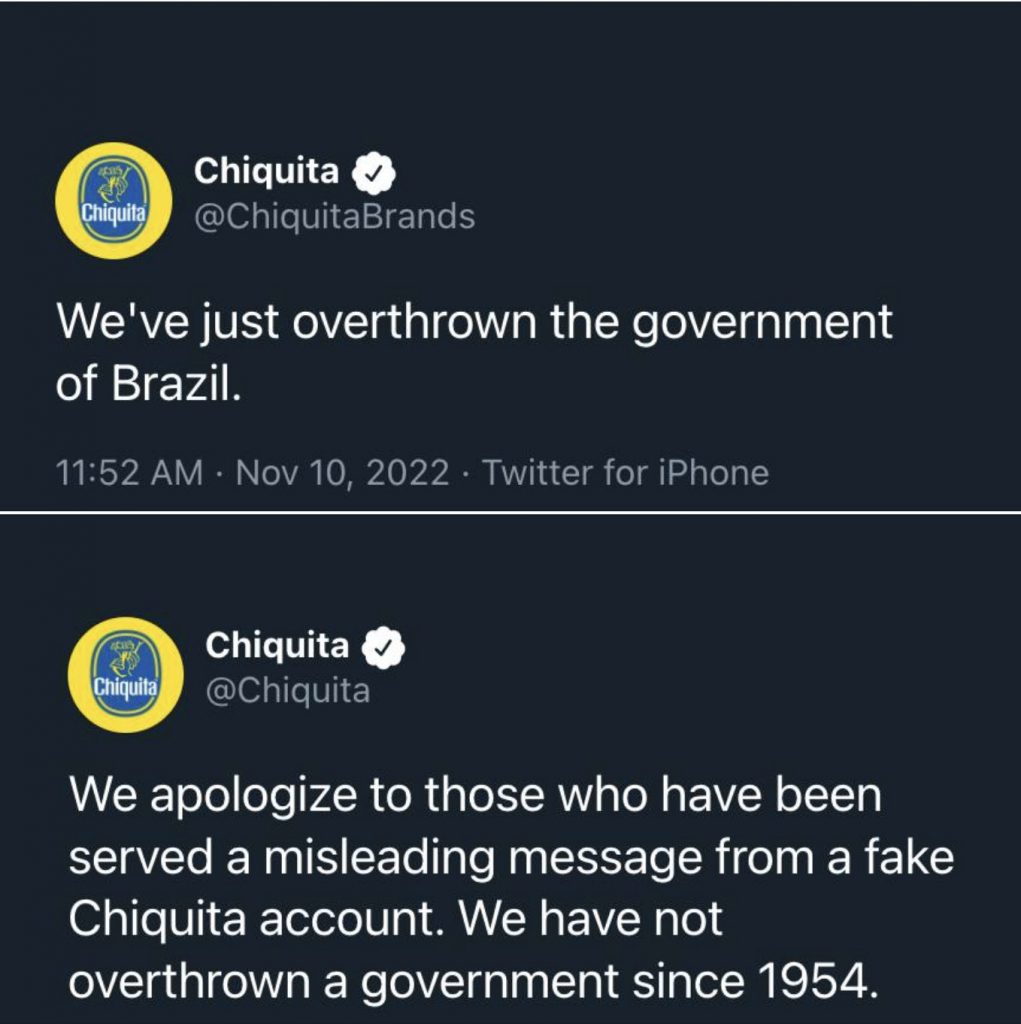
Next week, it will be two years since I posted on Facebook for the last time. For the most part, I’ve pretty much abandoned it, really only getting sucked back in when a reporting source references it, or I need to look up a link. I’ll notice how many notifications I have stacked up, then realize I don’t really want to delve back into Facebook again, and then move on.
I left Facebook because I felt that it had become so performative. Everyone’s best pictures, best versions of themselves, and most sanctimonious commentary had long since crowded out the messy, imperfect reality I know to be my friends and colleagues. I didn’t feel like I had the energy to curate my own self – I’m really bad at just talking about the good parts – and so I lost interest in Facebook.
I’ve stayed active on Instagram because somehow – at least among the people I follow – it seems more real, more impulsive. I like the vacation photos, because most of the people I know aren’t really great photographers. And the ones I know that are great photographers, are more interested in the image than imagery. It’s hard to communicate anything complex on Instagram, although that may be a feature, not a bug.
LinkedIn is, well, like going to a sales convention every day. “I have some personal news…” “You go!” “I’d like to express my admiration for the hard work of the organization committee…” I can ignore LinkedIn’s fake-ness because so much of our work life is performative anyway. So little about work is real, so I can live with LinkedIn’s brand of fake, because it’s not personal, it’s work.
And then there’s Twitter. Wonderful, weird, informative Twitter.
Because I’m a reporter, so many other people I admire are busy on Twitter. I’ve connected with colleagues, complimented them, and just plain learned so much. I’m a power user, so I tend to use Tweetdeck, a desktop web app that allows you to create multiple columns for lists, notifications, and more, as you manage multiple accounts. I follow four lists I’ve created or nabbed from others: cannabis reporters, a pool of sharp news audience development people, a list of Ukraine war analysts and reporters, and during the season, a list of professional cycling reporters and racers.
These lists are like mainlining information to my brain every day. I get breaking stories on cannabis, sharp thinking on news reporting, and the Ukraine list…well these men and women often reveal tidbits from the battlefield that become big news stories 24 hours later. It’s incredible to read recently translated Telegram posts from Russian soldiers and look at satellite photos of battlefield action. Then, the analysts start talking to one another and comparing notes – in real time! This is very addictive.
I’m not a big poster and I’ve never written anything that went viral. Mostly I read what others have to say. But I do connect with people I admire, and have had back and forths with some major thinkers that I like to believe informed them as much as it did me.
In short, as I’ve really dived into it over the last ten years (I first signed up in 2007, but really got going much later), I’ve found it to be an incredible leveler, giving me and many others the ability to directly connect with thinkers and conduct meaningful discussions.
As we watch Elon Musk slowly dismember the company through sheer incompetence, I’m terribly sad for what’s likely to be lost. Some of my favorite people are announcing their new Substacks, so we can follow them there, or that we should all decamp to Mastodon, or Tumblr.
I’ve signed up for some of the Substacks, but they lack the immediacy of Twitter and aren’t two-way streets like Twitter. I tried Mastodon, but it’s fractured, hard to discover other people, and well, network effects are real.
Twitter is great not because of the features, but because of the people using it. Every day it seems a few more people are dropping off, slowly eroding the site’s utility a bit more.
The other day, I was reading a retired general’s description of how hard it is to pull off an orderly retreat. While at first it’s organized, because you have a strong force protecting those that are leaving. But gradually, the number of soldiers left behind reduce, leaving fewer and fewer to protect the front line, until at some point the rearguard gets overwhelmed, or scared and everyone flees for the exits.
And so I began to wonder: When will people realize Twitter’s front line has collapsed, and then we all flee for the exits?
Already, I’m getting way more DM spam than I used to. I’ve noticed bugs with hitting the like button. Elon’s plan for Twitter Blue has collapsed under a bazillion fake “verified” accounts.
It seems like collapse is an inevitable outcome. But I’m trying to soak up what I love about Twitter, because once it’s gone, I’m not sure there will ever be a replacement nearly as good as it once was.